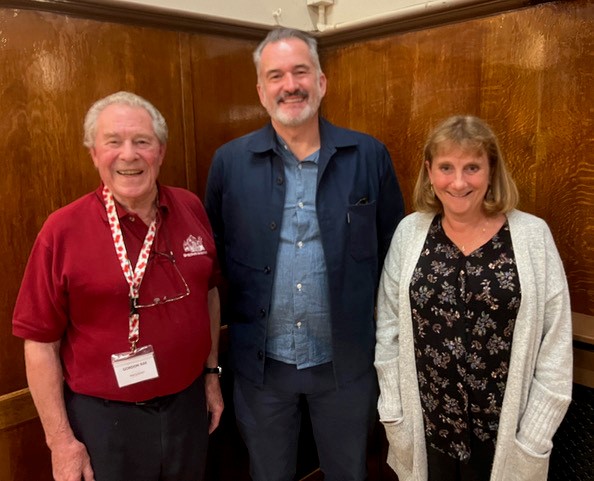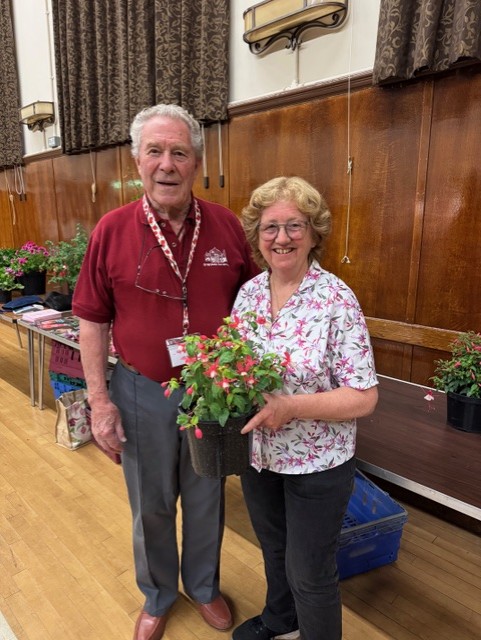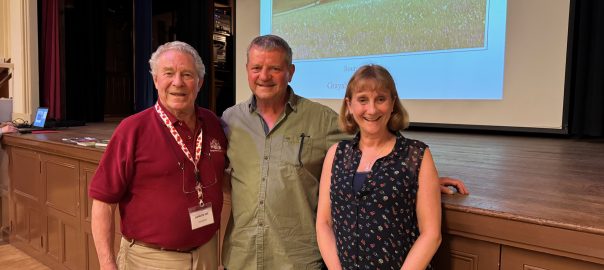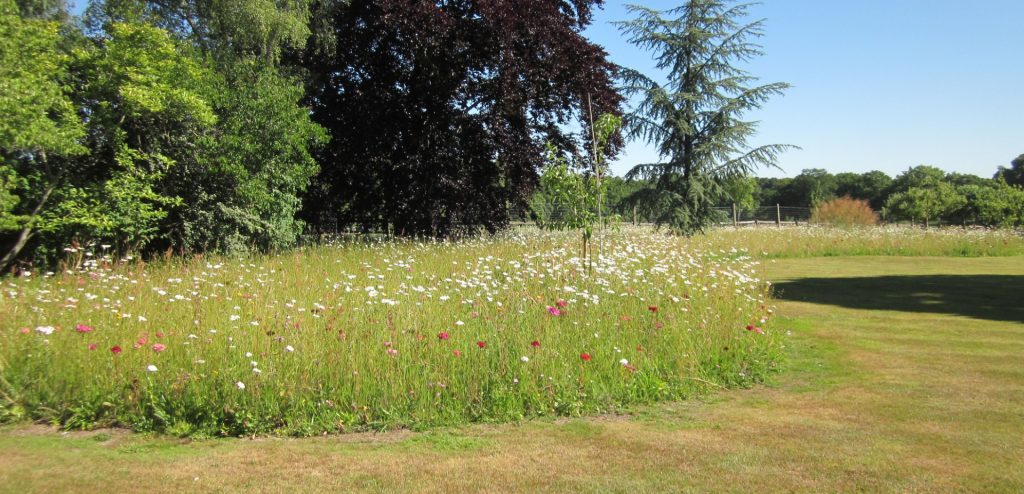
Dynamic Planting – Combining plants, materials and places
On 8th October, the talented Matthew Wilson treated the Grayshott Gardeners to an informative and entertaining talk on combining plants, materials and places for dynamic planting.
Not only is Matthew a singer, song writer, he is an award-winning landscape gardener and designer, writer, lecturer, radio and television broadcaster. He is a regular panellist on Radio 4’s Garden Question Time. He has nearly 30 years of experience in horticulture and garden design, owns a small business designing and managing garden projects from Large neglected London house gardens to a 1.5-acre garden in Northumberland. Matthew has also worked for some large corporate, hospitality and heritage establishments and has won numerous awards including the Gold Award at Shenzhen Flower Show in March 2022 for his garden ‘Home’ design.
Matthew took the audience through some of his projects demonstrating how he recycles materials and plants where he can. How there is always a plant for any sort of garden, including dry gardens or wet gardens. Using water as a feature (as a mirror), creating a vista, using topography to enhance planting and using architecture and materials to enhance the garden. His advice for designing steps is that they should be long, wide and shallow.
The evening ended with Matthew answering questions from the audience.




















